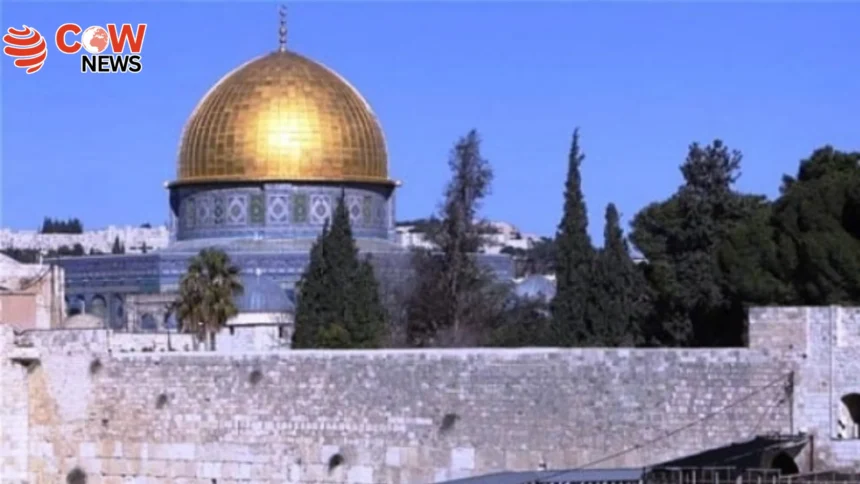Jerusalem:
In a significant development following the Iran-Israel ceasefire, Jerusalem’s key religious sites—including Al-Aqsa Mosque, the Church of the Holy Sepulchre, and the Western Wall—have reopened to the public after a 12-day security lockdown.
According to Arab media outlets, Israeli authorities had sealed off the Old City of Jerusalem at the onset of the recent Iran-Israel conflict, citing security concerns. Access to Al-Aqsa Mosque and other holy sites was restricted to religious leaders and essential administrative personnel only.
Public prayers at Al-Aqsa Mosque, including the central Friday prayer, were severely limited. Only a small number of Palestinians were allowed entry under tight scrutiny, and subsequent religious gatherings were temporarily suspended.
The reopening of Al-Aqsa marks a major emotional and spiritual relief for Palestinians and Muslims around the world, who had voiced growing concern over restricted access to one of Islam’s holiest sites.
In addition to Al-Aqsa, two other prominent religious sites—the Church of the Holy Sepulchre (Kaneesat al-Qiyama), a major pilgrimage destination for Christians, and the Western Wall (Wailing Wall), Judaism’s holiest accessible site—were also reopened for public worship.
This marks the first time since the COVID-19 pandemic that all three of Jerusalem’s most sacred multi-faith locations were simultaneously closed to worshippers. Authorities explained that the closures were imposed to protect lives amid heightened tensions and ensure the sanctity of these spiritual landmarks.
Also read: Indian Media Claims Hania Aamir’s Lavish Wealth
A statement from the Jerusalem municipal authority emphasized that the decision to close and later reopen these sites was made with deep consideration of both public safety and religious sentiment. “Security threats were real and immediate,” the statement read, “and the goal was to safeguard human lives while upholding the sanctity of our shared heritage.”
The reopening follows a fragile but hopeful ceasefire between Israel and Iran, brokered through international diplomatic channels, including mediation by Qatar and reported involvement from U.S. President Donald Trump.
With relative calm now restored, religious leaders from all three Abrahamic faiths have welcomed the decision, urging worshippers to return in peace and unity. Interfaith groups have called this an opportunity to rebuild trust and dialogue among communities long affected by cycles of violence.
The situation remains tense but stable, with local authorities urging vigilance while encouraging spiritual gatherings to resume peacefully.







